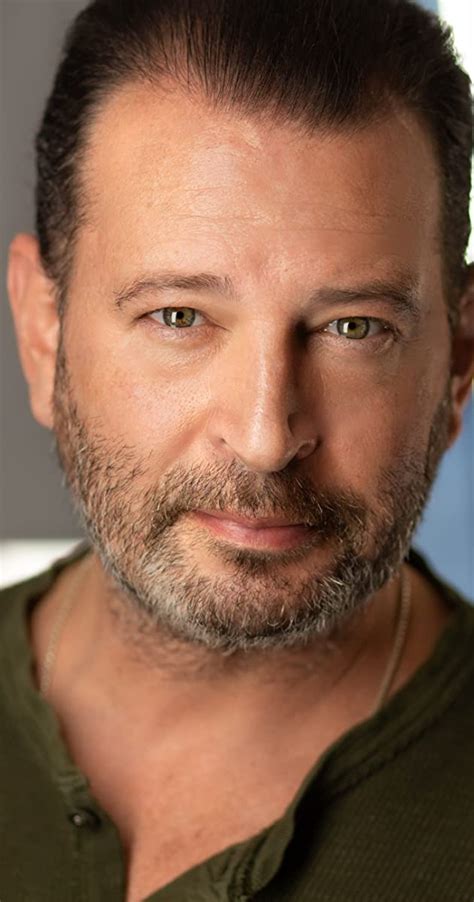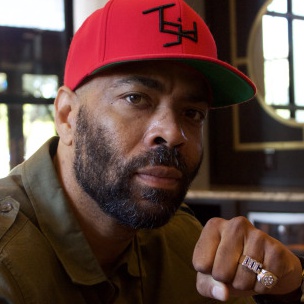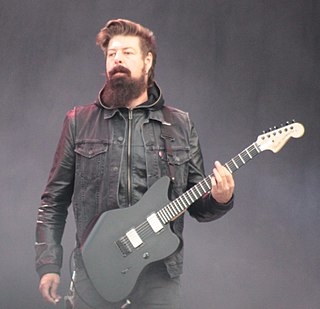A Quote by Lois Lowry
I don't set out to transmit a message. I don't write with a political point of view. There are no religious overtones. Looking back at my books, I can say, 'Oh, yes, it is there.' But it's not in my mind when I write.
Related Quotes
The Divine Comedy is a political poem and when you say poetry is not about - he's always quoted out of context, that "poetry makes nothing happen," that doesn't mean you shrug your shoulders and don't try to make anything happen. And Dante felt that poetry was engaged, there was a point of view; it's not my point of view, it's orthodox medieval Christianity, and I have my troubles with that. He didn't feel that you could just rule out so important a section of life - we care about these things, and it's out of caring about them that we write poetry.
When I set out to write a screenplay, I have in my mind a beginning and an end but that end part continually changes as I start to write the middle. That way by the time the screenplay is finished I have taken myself and my audience from a familiar beginning point through the story to an unfamiliar ending point.
Often they [writers on the study of management] have a point of view based upon intuition and experience. They then offer a cadence of two-paragraph examples carefully selected to "prove" their theory, and then they write "one size fits all" books. The message is, "If you'd do what these companies did, you'd be successful too."
When I would sell encyclopedias, I would drive down the road looking for a house with a swing set in the back, and I'd say, "Oh, those folks got kids. They need some books." I'd knock on their door and sell them a set of encyclopedias, and those books were from $300 to $600. I'd look around the house, and if there wasn't that much furniture in the house, I felt a little bad about selling a $600 set of books to people who couldn't afford a couch. So I didn't last at that job very long.
Yes?’ he asked, looking at me over the sheet. ‘I’m a writer temporarily down on my inspirations.’ ‘Oh, a writer, eh?’ ‘Yes.’ ‘Are you sure?’ ‘No, I’m not.’ ‘What do you write?’ ‘Short stories mostly. And I’m halfway through a novel.’ ‘A novel, eh?’ ‘Yes.’ ‘What’s the name of it?’ ‘”The Leaky Faucet of My Doom.”‘ ‘Oh, I like that. What’s it about?’ ‘Everything.’ ‘Everything? You mean, for instance, it’s about cancer?’ ‘Yes.’ ‘How about my wife?’ ‘She’s in there too.






































